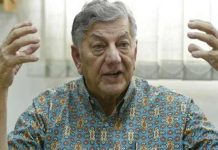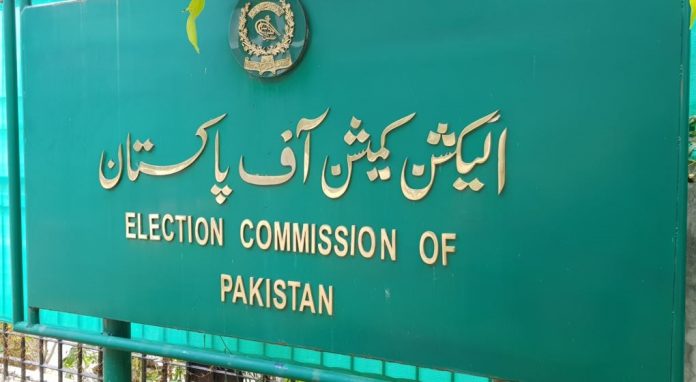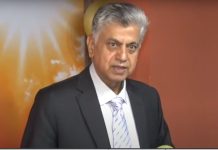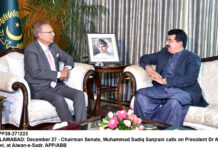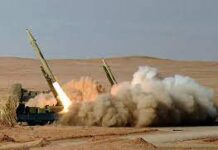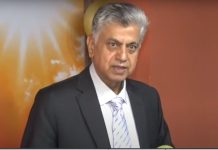
Concerns have also been raised against the use of draconian laws and legislation like Armed Forces Special Powers Act (AFSPA) and Public Safety Act (PSA) that accord virtual impunity to such acts of the Indian occupation forces.
The letter has called upon the Indian government to put an immediate end to the use of pellet shotguns in the occupied valley; bringing all relevant Indian laws into compliance with international human rights standards. MPs also urged India to repeal the Armed Forces (Jammu and Kashmir) Special Powers Act, 1990 and amend the Jammu and Kashmir Public Safety Act, 1978 to ensure its compliance with the international human rights law They also asked for the provision of full and effective reparation and rehabilitation to those injured by pellet-firing shotguns and to the families of those killed. The letter seeks independent and impartial investigations into all accidents where the use of pellet guns led to deaths or serious injuries. This significant development follows the historic exchange of views on the human right situation in Indian-held Kashmir, organised by the European Committee on Human Rights. This was held for the first time in over a decade and discussed concerns of Pakistan and the people of Indian-held Kashmir with reference to India’s abuses of human rights. Earlier, the reports on IHK by the Office of the High Commissioner for Human Rights and the UK Parliament’s All Parties Parliamentary Kashmir Group (APPKG) had publically slammed India over its gross human rights violations in the occupied valley.


